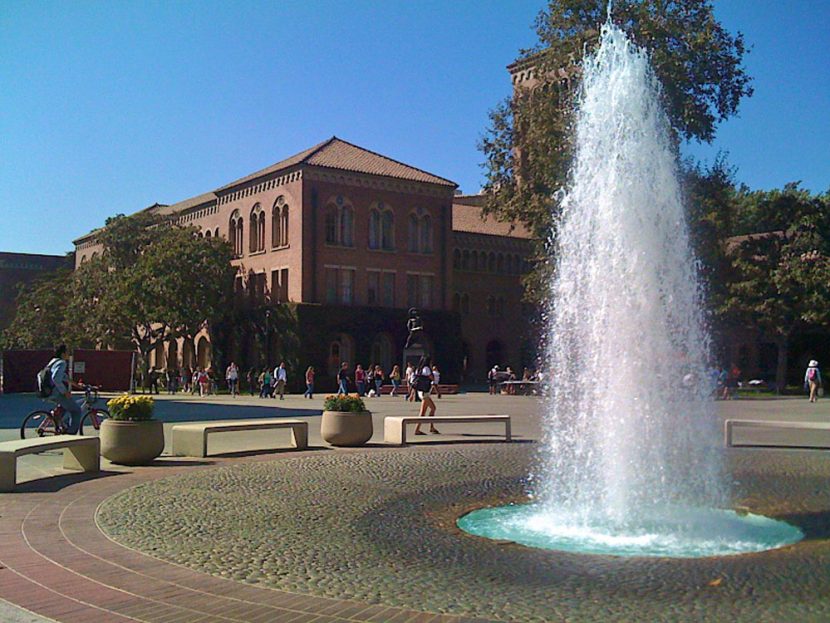How do you go about finding the right music school for you? Conservatories, music colleges, music schools, conservatories within universities, university music departments, liberal arts colleges with music departments, community colleges –– what does it all mean, and how do you find the best fit?
It’s easy to get lost in details and irrelevant Internet searches, especially when you’re new at this. To prevent unnecessary confusion, start from the inside out, by considering the following:
- At this stage in your musical development, how do you think you measure up in terms of talent and skills?
- What area(s) of music are you most interested in studying? Are you focused on music performance or on the more academic aspects of music?
- Do you know of specific faculty you’d like to study with, and who will help you develop as a musician? (Most schools allow you to express your preference for private music teachers but won’t guarantee you your top pick.)
- In addition to music, what else do you want to study and learn?
- What makes you thrive and feel successful and fulfilled?
- At this point in your life, what do you think you will want to do with a degree in music?
Once you’ve collected that information, you’re ready to look at different ways to study music. As a quick rule of thumb, consider the following:
Conservatory
The main characteristic of a conservatory is that it offers focused, performance-intensive training for students who want to pursue a career typically in performance. While conservatories generally emphasize music requirements, no two conservatories are alike. For instance, some encourage students to take non-music classes and require more general education classes, though not to the extent you’ll find at university-based music schools or liberal arts college-based music programs.
There are also a couple of conservatories that waive tuition for undergraduates who get accepted.
Be sure to check conservatory websites to learn about the specific classes their students must take and other important requirements.
Conservatory, Music College and Music School within a University
Many universities house their own conservatory, music college or music school. It’s not unusual to see their programs listed as a “conservatory education” but within a university environment that offers an NCAA football team, Greek life, and a host of other academic programs, non-music activities and opportunities. BM degree candidates are likely to have set music and non-music academic requirements, whereas BA students will have more flexibility in choosing courses as well as electives (see Degree Options).
Music Departments
Many universities have exceptionally strong and highly-competitive music departments where students can major, minor or take electives in music. Ivy league schools typically have music departments as well, but do check as to whether the music education is performance or academically-focused.
Others with less competitive music departments offer students an opportunity to major in music without auditioning. Students can choose to participate and audition in instrumental and vocal ensembles, orchestras and bands once they get to school.
Liberal Arts Colleges
Liberal arts colleges are great places for students who want to explore a variety of music options as well as other paths, but not commit up front to any one particular area. Many liberal arts schools have strong music faculty and excellent music course offerings. Since their focus is less on preparing students for high-powered auditions upon graduation, ask lots of questions and find out whether you’ll really get the kind of preparation you need if you dream of a job in a big city symphony or opera company.
Finding the Right Music School – Honor Yourself
Honor yourself by not rushing into making a decision about where to apply. Talk with your private music teacher, your music teacher at school, your parents, current music majors, and any musicians you know. Look at the websites of the schools that you know about or that are recommended to you. Doug Long, academic and college counselor at Interlochen Arts Academy, recommends conversations with admissions officers to help clarify the distinctions between and among different types of music schools. Attendance at visual and performing arts fairs can also shed light on how schools differ and on what they offer.
And remember you can explore the possibility of double degree programs at many schools. This is where you receive a degree in music plus a degree in an area other than music. This may take up to an additional year beyond the usual four to complete. It also prepares you to work in another field that may even enhance your opportunities for work in music.
Most importantly, get in touch with what makes the most sense for you!



Julius
I really appreciated how you suggested asking other people that I know, like my music teachers, music majors, or any musicians I know regarding a good school where I can apply to. That’s a pretty good thing to take into consideration since I really wanted to become a musician ever since I was very young. My parents told me that I won’t get anywhere in the music industry, but I’m prepared to prove them wrong. Thank you for sharing. It’s really encouraging.
MajoringInMusic
So glad this article speaks to you. We wish you well as you move forward.